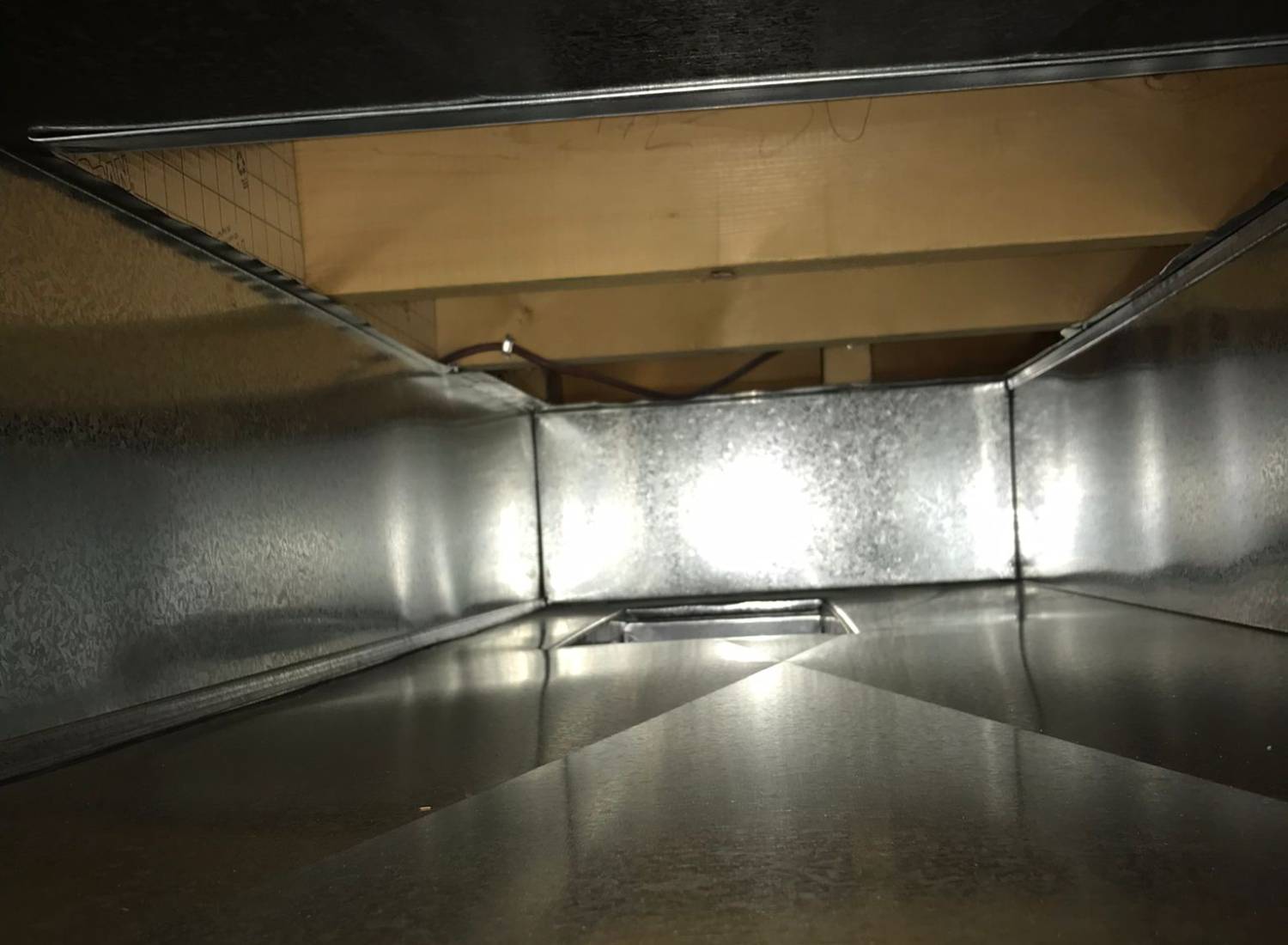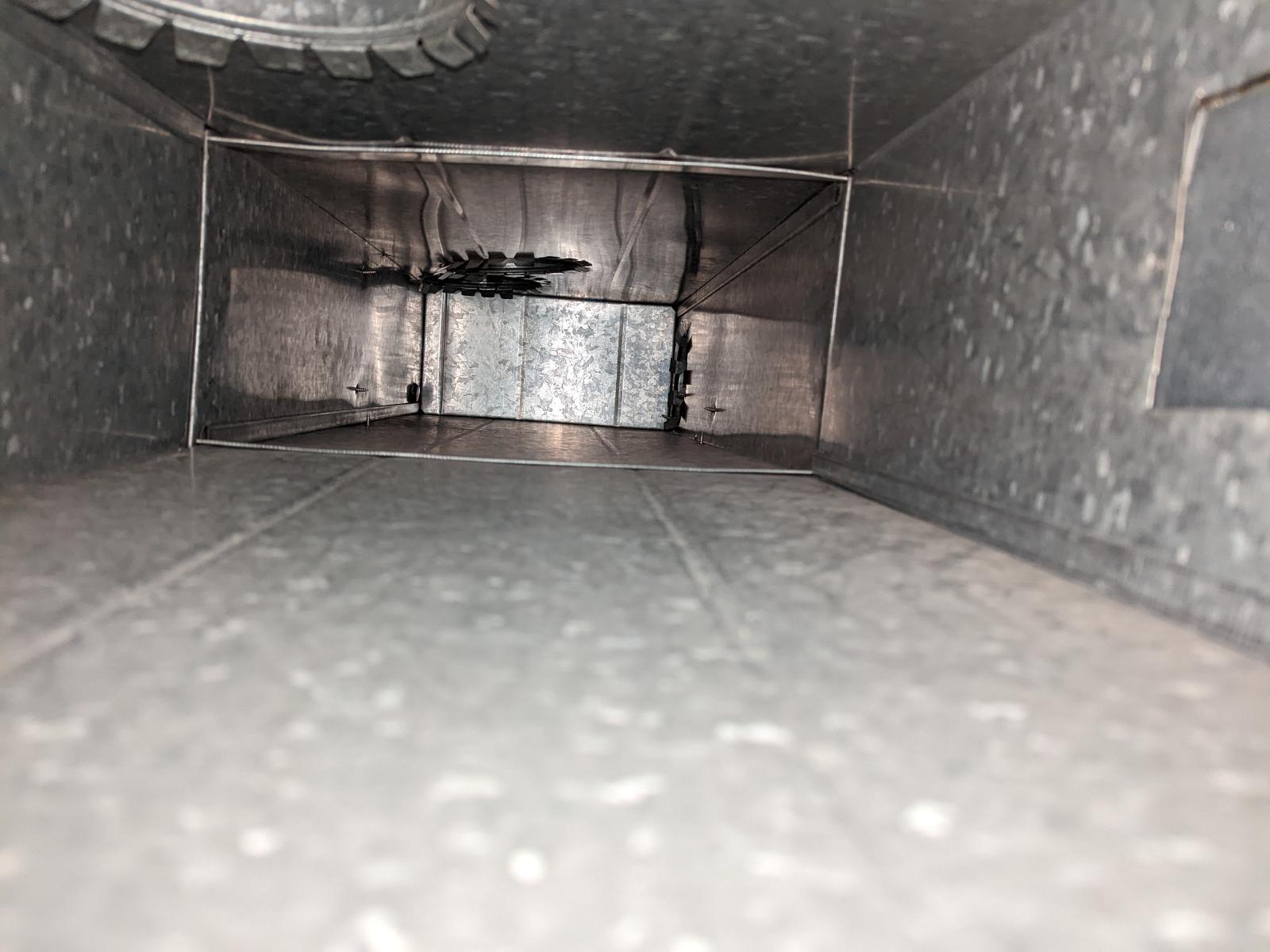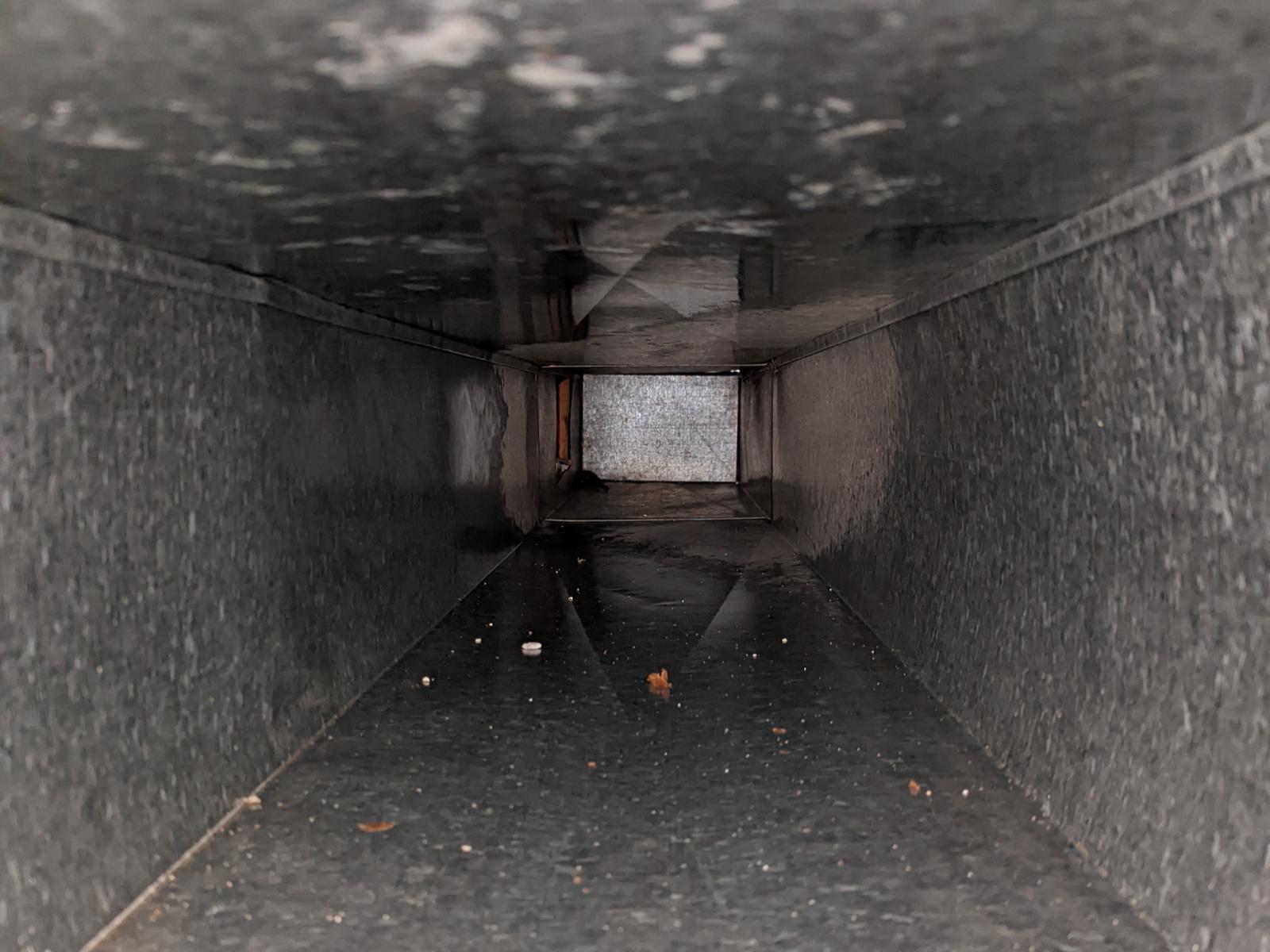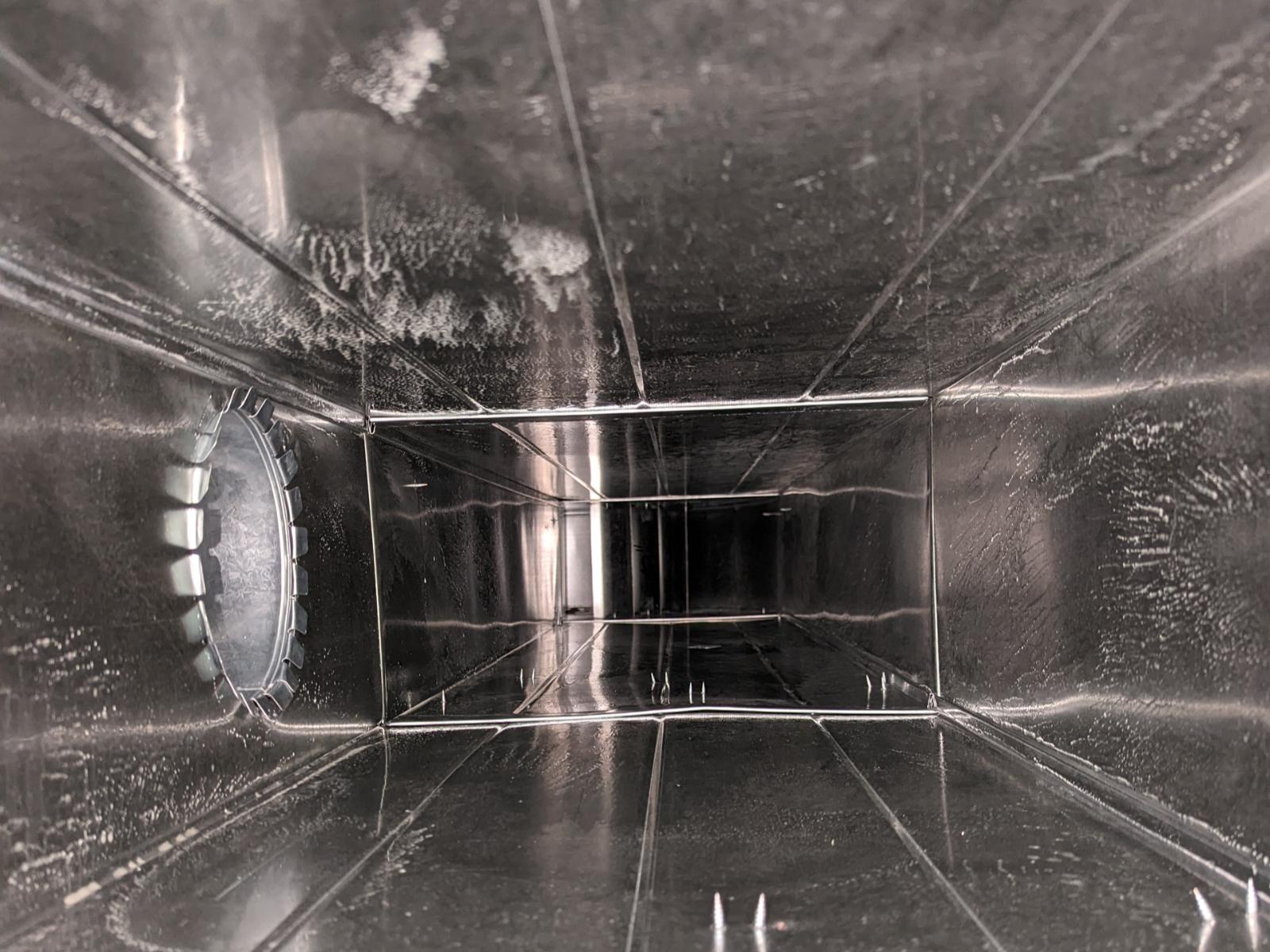Ever walk into your home and something just feels… off? Maybe the air isn’t as crisp as it used to be, or the utility bills seem steeper despite no real changes in usage. Often, the problem doesn’t start with a full HVAC breakdown—it begins with smaller signs that are easy to overlook. If you’re wondering whether your heating and cooling system is doing its job right, it might be time to take a closer look.
Unexplained Spikes in Power Consumption
If your energy usage jumps unexpectedly and nothing else in your household habits has changed, your HVAC system might be the silent culprit. Older systems or units that haven’t been serviced recently tend to work harder to maintain the same temperature. That extra effort pulls more electricity, which means your bill climbs—even if you’re not touching the thermostat more than usual. In many cases, air duct cleaning can help make it more efficient by allowing the system to circulate air freely without obstruction.
Sometimes, the issue lies in how the system distributes air. A clogged filter, leaky duct, or aging component forces it to draw more power. You’re not running more appliances, yet the numbers still go up. Tracking your monthly usage helps you spot this pattern early. If you’re noticing a sudden bump in power consumption, don’t ignore it—it’s often one of the first signs that your HVAC isn’t working efficiently anymore.

Persistent Hot or Cold Spots Indoors
Walking through your home shouldn’t feel like changing seasons room by room. If one area feels like a sauna while another stays chilly, your HVAC could be struggling to distribute air evenly. This inconsistency usually points to problems in airflow, thermostat calibration, or poor insulation—things you won’t notice until the temperature stops feeling right.
Uneven temperatures also put extra strain on your system. It might run longer to fix one room, while overcooling another, wasting energy in the process. It’s not just uncomfortable—it’s inefficient. And if you’re constantly fiddling with vents or space heaters just to balance it out, your system is definitely not doing its job correctly.
Frequent Short Cycling of HVAC Units
Short cycling means your HVAC unit turns on and off rapidly without completing a full heating or cooling cycle. This isn’t just annoying—it’s inefficient and wears your system down fast. When the unit can’t maintain a steady run, it uses more energy during repeated startups, which adds stress to the compressor and other vital parts.
You might hear the unit kick on, then off again within minutes. This could point to issues with your thermostat, clogged filters, or even low refrigerant levels. Either way, it’s a clear signal that the system isn’t running the way it should. If left unchecked, it can lead to costly repairs or a full system replacement much sooner than expected.
Rising Energy Bills Despite Consistent Use
Even if your usage habits stay the same, you might still notice your bills creeping up. That’s often the hidden cost of an inefficient HVAC system. It’s working harder behind the scenes, pulling more energy to keep up with what used to be a simple job. The result? A slow, steady increase in costs without any benefit to your comfort.
This kind of rise isn’t always dramatic. It might just be $10 or $20 each month—but over time, it adds up. If your energy habits haven’t changed and your home doesn’t feel any more comfortable, then your HVAC system is likely burning energy without producing good results. That’s not just inefficient—it’s wasteful.
Noticeable Dust Accumulation Around Vents
If your vents look like they’re growing their own fur coat of dust, your system might not be filtering air effectively. A working HVAC should circulate clean air throughout the home. When it doesn’t, dust, allergens, and dirt build up quickly and settle on surfaces—even if you’re cleaning regularly.
This dust isn’t just a nuisance. It signals that the system may be circulating dirty air, possibly from clogged filters or dirty ductwork. That not only affects air quality but forces the system to work harder to push air through blockages. Over time, this buildup can damage internal parts and cut down on overall efficiency.
Excessive Noise Levels During Operation
A little noise from your HVAC system is normal—but banging, rattling, or high-pitched whining? Not so much. Strange sounds often mean something inside isn’t aligned or functioning properly. Worn belts, loose screws, or failing motors all create unusual noise and point to systems running with added stress.
Beyond the annoyance, those sounds are the system’s way of asking for help. Loud operation usually means parts are working harder than they should, which can lower the overall efficiency and shorten the unit’s lifespan. If you hear your HVAC making a racket, don’t turn up the TV—call in a professional to check it out.
Unusually Humid or Dry Indoor Air
Your HVAC system doesn’t just control temperature—it also manages humidity. If your house feels sticky in the summer or too dry in the winter, the balance is off. That imbalance doesn’t just affect comfort—it can lead to mold growth, warped furniture, or dry skin and respiratory irritation.
Inefficient systems can’t regulate indoor humidity properly, often because of faulty sensors, dirty coils, or outdated equipment. When that happens, your indoor climate shifts even if the thermostat reads just fine. Fixing this issue isn’t just about adding a humidifier or dehumidifier—it often means restoring your HVAC to optimal performance.

Weak Airflow Signaling Possible Duct Obstructions
Weak airflow is one of the easiest things to overlook—until you realize your rooms just aren’t cooling or heating like they used to. It often signals an obstruction in the ductwork or a problem with the blower motor. The system is trying to work, but it can’t push enough air through to get the job done.
This not only affects comfort but increases how long the system runs, which drives up energy use. If you’re standing near a vent and barely feel a breeze, it’s time to investigate. Weak airflow slows everything down and leads to a longer wait for a comfortable room—while your utility meter spins nonstop.
Duct Dudes Can Clean It to Make It More Efficient and Save You from Long-Term HVAC Damage
Even the best HVAC systems need a clean set of airways to run smoothly. If your ducts are filled with dust, mold, or debris, your entire system works harder than necessary. That means higher bills, lower comfort, and a much shorter lifespan for your equipment. That’s where Duct Dudes come in. We specialize in making your air ducts spotless—helping your HVAC breathe easy so you can, too.
A clean system doesn’t just save energy. It also improves indoor air quality, reduces allergens, and keeps your home feeling fresh. Don’t wait for the signs to pile up. Contact us today to schedule your duct cleaning.






